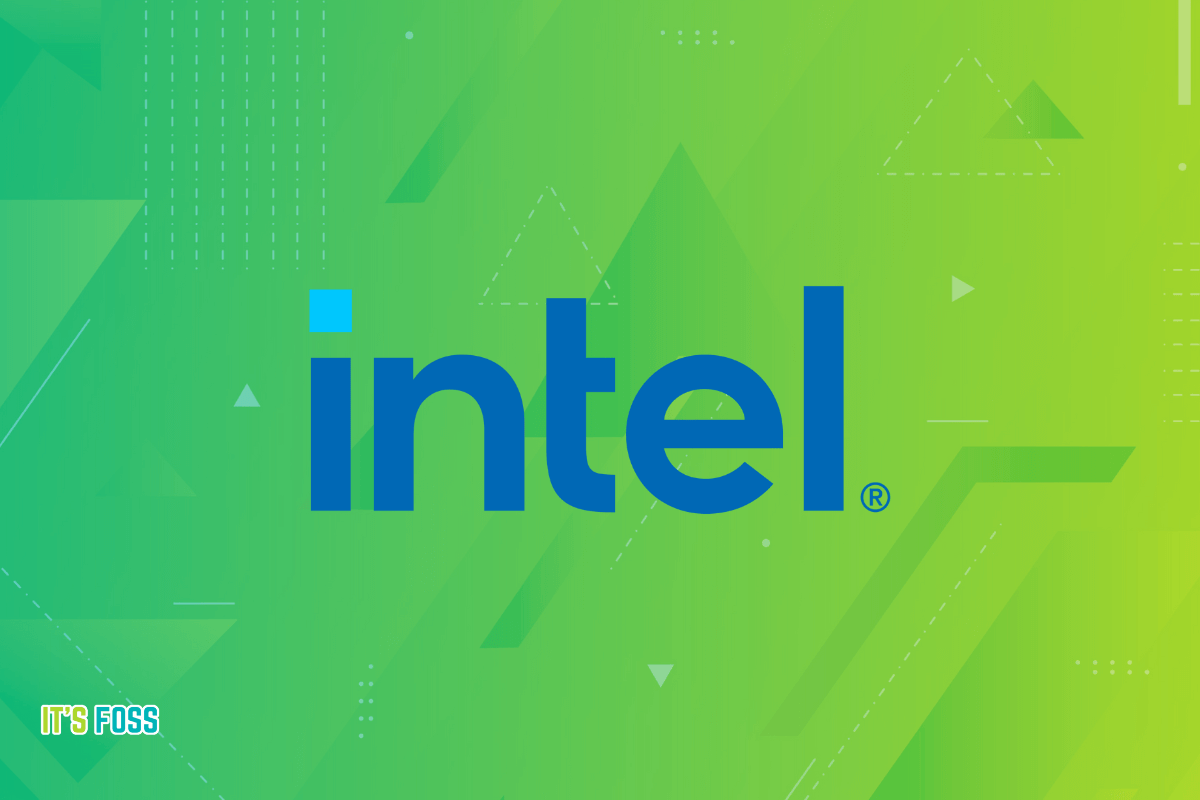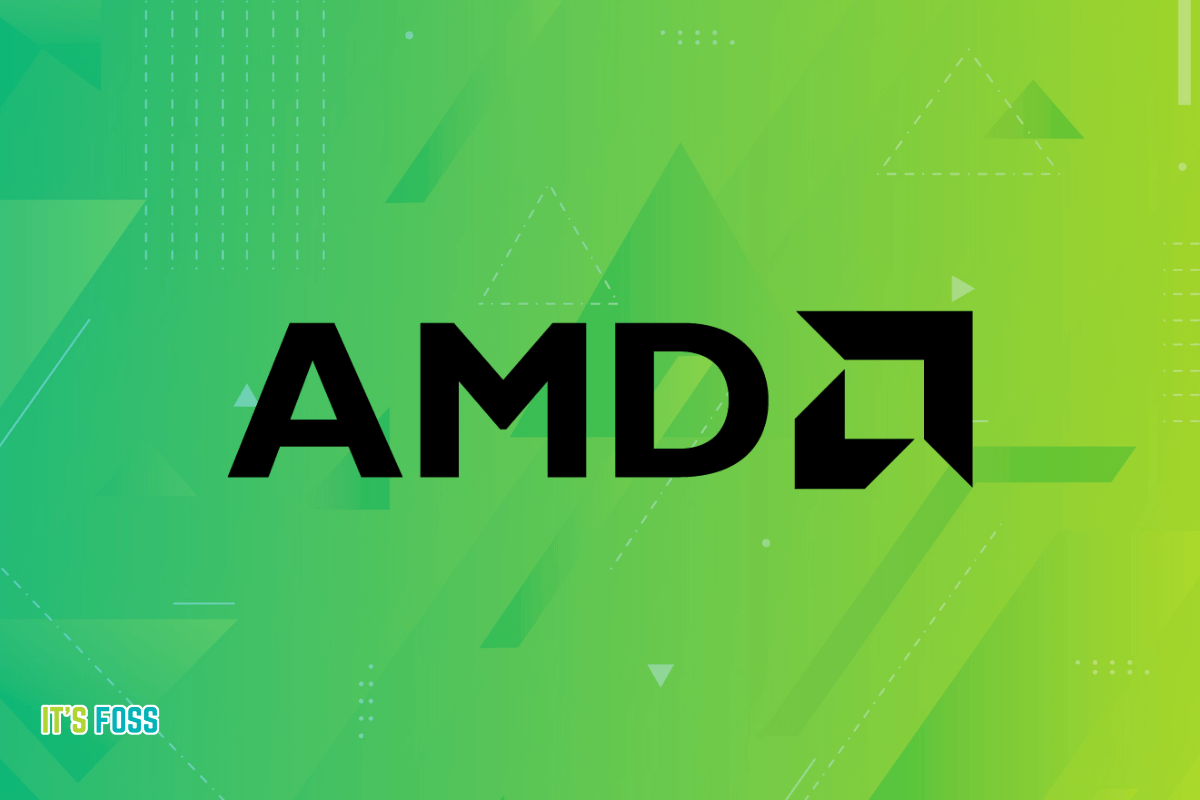
It is time for another Linux kernel release!
The Linux kernel 6.6 release is a big one with plenty of improvements across the board for various laptops, networking hardware, processors and what not.
Linus Torvalds mentions:
There's a random smattering of fixes all over, and apart from some
bigger fixes to the r8152 driver, it's all fairly small. Below is the
shortlog for last week for anybody who really wants to get a flavor of
the details. It's short enough to scroll through.
Suggested Read 📖

🆕 Linux Kernel 6.6: What's New?
Before we begin, just keep in mind that this is an LTS release.
Anyway, let's move on to the highlights of this release:
- Intel Improvements
- Better Support for Laptops
- Networking Improvements
- AMD Enhancements
Intel Improvements

Linux kernel 6.6 features support for Intel's Neural Processing Unit (NPU) technology, which was formerly known as the Versatile Processing Unit.
This tech is set to debut with Intel's “Meteor Lake” chips later this year that will see these NPUs exclusively being used for handling AI workloads.
Intel has even begun the initial work for NPU support on the upcoming “Arrow Lake” chips with this kernel release!
Then there's the support for Intel's Shadow Stack that came with the inclusion of their Control-flow Enforcement Technology (CET) into the kernel. Its main objective is to defend against return-oriented programming (ROP) attacks on modern Intel CPUs from Tiger Lake onwards.

Better Support for Laptops

For HP laptops, it is now possible to manage the BIOS from within Linux, this is thanks to the implementation of the “HP-BIOSCFG” driver.
According to reports, HP laptops from 2018 and later should work with this driver.
For Lenovo laptops, the driver was updated to add support for keyboard backlight control for more IdeaPad laptops.
Similarly, for ASUS laptops, the ROG Flow X16 (2023) gaming laptops can now properly enable tablet mode when the lid is flipped over.
Networking Improvements

On the networking side of things, Linux kernel 6.6 features support for new hardware such as Atheros QCA8081, MediaTek MT7988, MediaTek MT7981, NXP TJA1120 PHY, and more.
Even the drivers have seen upgrades, take for instance the Qualcomm Wi-Fi 7 (ath12k) driver, which now supports Extremely High Throughput (EHT) PHY.
Then there is the enabling of AP mode for various Realtek (rtl8xxxu) Wi-Fi chips.
More details on networking-specific changes can be found in the pull request.
AMD Enhancements

With the Linux kernel 6.6 release, AMD developers have pushed support for two new pieces of technology that they have yet to officially announce.
One is support for their upcoming “FreeSync Panel Replay” technology for gaming displays (laptops only) that would automatically decrease the refresh rate to save on power and reduce GPU workload.
The other is called “Dynamic boost control” that is a performance improving feature for some Ryzen SoCs, details about it are quite slim.
More on its implementation can be found in the patch series.
🛠️ Other Changes & Improvements
As for the rest, here are some other notable changes:
- Loads of new features for LoongArch.
- The Rust toolchain was upgraded to v1.71.1.
- Various improvements for RISC-V and Btrfs.
- Complete removal of Wireless USB and Ultra-Wideband code.
- Many improvements for open-source graphics drivers for Nvidia, Intel, and AMD.
You can go through the changelog for more details.
Installing Linux Kernel 6.6
If you are running rolling-release distros such as Arch or Fedora, then it is quite straightforward to upgrade.
You just have to wait a bit, as these distros take their time in releasing the update.
As for the rest, you can either wait for a major release, or upgrade to the latest mainline Linux kernel in Ubuntu by following our guide:

You can download the tarball for the latest Linux kernel from its official website (it takes time for it to be available after release).
💬 What do you think of this kernel release?
- Even the biggest players in the Linux world don't care about desktop Linux users. We do.
- We don't put informational content behind paywall. Your support keeps it open for everyone. Think of it like 'pay it forward'.
- Don't like ads? With the Plus membership, you get an ad-free reading experience.
- When millions of AI-generated content is being published daily, you read and learn from real human Linux users.
- It costs just $2 a month, less than the cost of your favorite burger.
Become a Plus Member today and join over 300 people in supporting our work.












